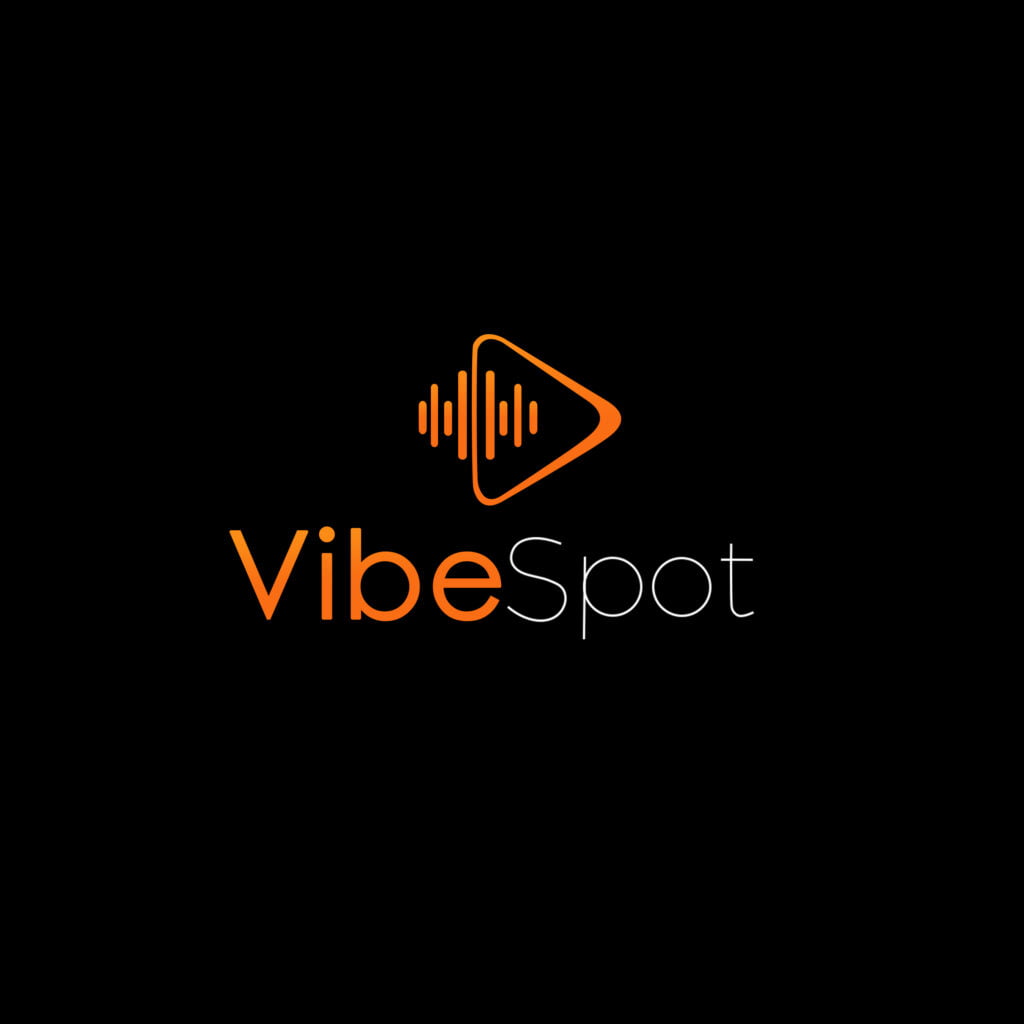Table of Contents
What are music royalties?

Essentially, royalties are the payments generated from the usage of your songs. When recordings get played and streamed – or performed or covered – a song’s rights holders receive payments. There are a few different ways you can monetize these song rights, with the four main types of royalty being mechanical, public performance, print music, and sync royalties.
Each royalty stream is dependent on the type of copyright it is associated with, with every song being attached to two different types of copyright:
- Master Rights – covering the original sound recording.
- Publishing Rights – protecting the lyrics and melody of a song
How many years do music royalties last?
Royalties from music can last for many years. In general, copyright protection for musical compositions lasts for the life of the creator plus 70 years. However, the duration of copyright protection can vary depending on factors like the country of origin and when the work was created.
Who receives music royalties?
Who receives what royalty share will all depend on how many people are involved in your individual arrangement. Asides from songwriters and artists, there might be many others involved in the process, ensuring you collect all the royalties you’re eligible for.
Recording artists and songwriters Recording artists are the ones who record the song themselves. They own the master rights to a song and will receive money from:
- Digital sales (streaming & download royalties)
- Physical sales
- Neighboring rights royalties
- Sync licensing fees
Songwriters are the ones who wrote the song, lyrics, and created the melody, so they own the publishing rights/music composition. This may be you yourself or a third-party songwriter.
Publishing rights owners will receive money from:
- Mechanical royalties
- Performing royalties – including public performances
- Sync licensing fees
How are royalties calculated in music?
Royalties in music are calculated based on various factors such as the type of usage, the number of streams or plays, and the terms of agreements between rights holders. For example, mechanical royalties for physical sales might be calculated based on the number of copies sold, while streaming royalties could be calculated based on the number of streams and the revenue generated by the streaming platform.
How do music royalty payments work?

In many cases, royalty payments happen once a month, but exactly when and how much artists get paid depends on their individual agreements with their record label or distributor.
The general process will run something like this:
- Create your music
- Distribute it
- Your music is played – either digitally or physically
- Royalties are collected and spread out amongst rights holders
- Rights holders get paid
As soon as a user has played 30 seconds or more of your tracks digitally on streaming platforms like Spotify or Apple Music, royalty money will be generated. The platform will collect this money, take their share, and distribute a large proportion back to your distributor.
How much do song royalties pay?
The amount of song royalties can vary greatly depending on factors such as the popularity of the song, the number of times it gets played or streamed, and the terms of agreements between rights holders. Royalties can range from fractions of a cent per stream to significant amounts for popular songs with millions of streams or plays.
Types of music royalties

If you’re making music, there are numerous ways that you can earn royalties for your work. Whether that be through TV sync opportunities or live performance payments. Here’s a breakdown of the different types of royalty you can be earning as a musician.
Mechanical royalties Performing right royalties Sync royalties Print music royalties
Conclusion

At Vibespot Music, we specialize in helping musicians like you navigate the complexities of music royalties. Our expert team provides tailored guidance on sync licensing and optimizing revenue streams. Join us to unlock the full potential of your music and embark on a journey to success. Connect with Vibespot Music today for personalized assistance and support every step of the way.





No comment